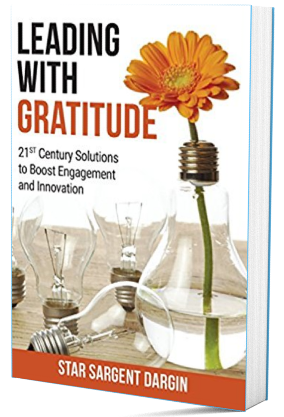 BALANCE
BALANCE
Falling down; falling off; and falling asleep when you shouldn’t be are all signs of being out of balance. Being out of balance can occur if you are surrounded by chaos and change or even with leisurely pastimes. Being balanced is a personal equation and requires constant readjustment and navigation.
Great leaders are Aware and proactively make difficult tradeoffs and choices to stay balanced.
When balanced, you:
• Are standing upright, not falling
• Have clear choices on where to spend your time and energy
• Know when to say no and yes
• Have a sense of heading in the right direction
• Move forward with more ease
Being out of balance:
• Can be life threatening
• Can be the cause of poor health
• Is stressful in large or small ways
• Can have an impact on family and relationships
• Is overwhelming
• Is confusing
• Can contribute to a lack of focus and results
Someone who is out of balance may appear to be: frazzled, withdrawn, overwhelmed, over committed, constantly starting and stopping, multitasking, and have difficulty making decisions.
The need to rebalance can come from internal or external sources – things like traffic, company growth or reorganization, or a personal commitment to change. Being balanced requires good time management, knowing what’s important to you, what tasks to take on, and where those tasks are taking you.
Ten Balance Challenges
1. Know your elements – Know thyself and the type of elements you want to keep in balance. Time at work? Sleep? Learning? Playing? Leading? Organizing? Too much or too little can each be a problem. Think like Goldilocks, make your portions just right, not too big or too little. Sample balance wheels are here: Self, Job, Project, Manager (I’ll add links later for job, project, manager)
2. Should It be or not to be! – This creeps up on us when we think we are in perfect balance and still feeling unfulfilled, not happy, or possibly even unsettled. These feelings may come from too many “should’s.” We should attend that meeting; we should take on that project or should go for that promotion. You must (not should!) be the leading actor in your own life. Try a “want” instead of “should.”
3. How To – If being balanced is not a natural skill for you, there are a few key skills and tools to learn. ACCEPT (live link insert here to below) is a simple balance formula, which requires skill building and discipline for each step. Learning to say no and having the courage to say yes is another balance skill. Staying in balance takes courage, work, and skills.
4. Secret Lives – Sometimes we have separate and disconnected roles and it requires lots of work to keep these elements separate. For example, having an extramarital affair, or being a secret liberal in a conservative environment and never expressing your point of view. Keeping secrets gets in the way of building trust and keeps you off balance.
5. Too Much of a Good Thing – Working, living, and playing with the same people in the same places. This “closeness” can be typical behavior for a start-up company. What may be endured for a few hours can become intolerable. Is this familiar to anyone? “Joe’s a great guy to have at parties and at work we never get anything done with him around.”
6. Keeping up with the Joneses – Balance that works for one person may not work for another. Working 60 hours a week may be the perfect balance for some but not others. Don’t live in a glass house if you value your privacy. If you can’t balance your checkbook don’t become an accountant.
7. Recalculating – What works now and has for years may no longer be effective. A promotion or a new job, each requires you to focus on different areas. A newly promoted director may need to spend more time managing up than was required before. A parent needs to adjust how they interact with their children as they grow up. No more insisting on naps for your 18 year old!
8. Too Comfortable or Too Chaotic – Courage to push myself out of my comfortable warm home to an event that I don’t want to go to and once I’m there I’m so glad I went or things are crazy and chaotic that I am risking my healthy by not paying attention to some nagging pains. Being too comfortable or too chaotic all the time is a bad habit.
9. Let Go, Now – Being too responsible – for others, for the company, for your community, for the world. It’s like they tell us about the oxygen mask on airplanes, take care of yourself first (get stabilized and in balance), and then you can help others.
10. Reactions Only – Only reacting to things means that we are not making conscious choices. Instead, we react and wait to see what will happen. Balance is a personal choice. Be proactive and choose balance.
Formula for Balance = ACCEPT
Awareness – Be Aware now (this second, minute, day, week, year, life), what’s in and out of balance for you? What do you want more of? What do you want less of? See awareness skill building (link).
Clarity – Get Clarity on alternative choices and actions that are possible. What specific actions, habits, beliefs do you want more or less of?
Choice – Make a Choice about what to try now and what habits to build to put you back in balance.
Execute – Do it, take action, and reflect on what happened.
Ponder – Ponder the results and impacts of your state of balance. Do you need more, less, to adjust it, or take a different action to be in balance?
Try – Keep trying and start “ACCEPT” again when you need to!

